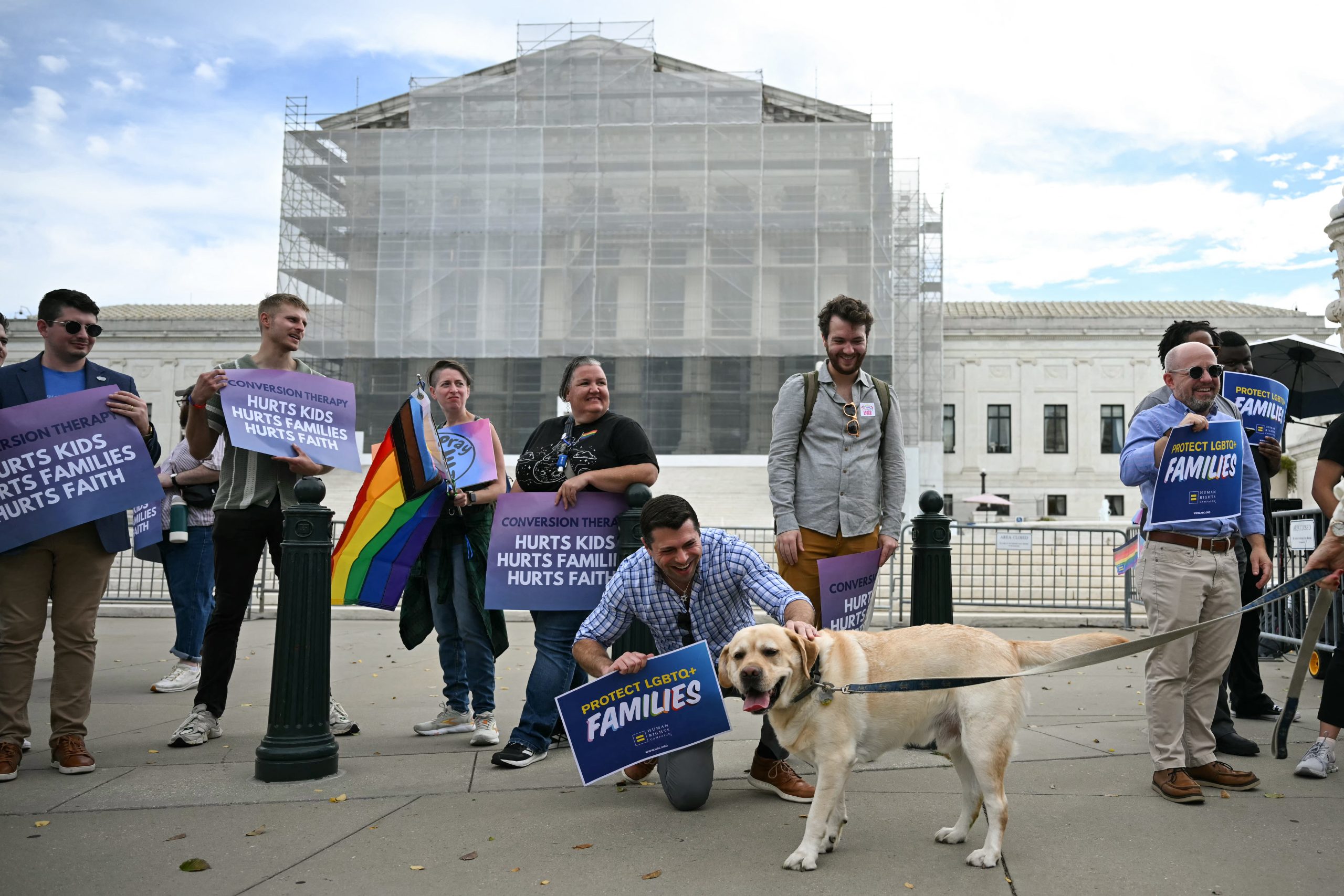Supreme Court Grapples with “Conversion Therapy” Ban
The Supreme Court dove headfirst into a contentious debate this week, hearing arguments in
Chiles v. Salazar
, a case challenging the constitutionality of state bans on “conversion therapy.” This controversial practice aims to alter an individual’s sexual orientation or gender identity through therapeutic interventions. The case puts the justices at the intersection of medical expertise, religious freedom, and LGBTQ+ rights, highlighting the deep societal divisions surrounding these issues.
States vs. Therapists: A Clash of Rights
At the heart of the matter is a Colorado law, one of roughly half of U.S. states with similar legislation, prohibiting licensed therapists from performing conversion therapy on minors. Supporters of the ban argue that the practice is harmful and lacks scientific basis, citing leading medical and psychological organizations that have denounced it. They emphasize the potential for psychological damage, including depression, anxiety, and even suicidal ideation, especially in vulnerable young people.
Opponents, however, frame the ban as a violation of religious freedom and free speech. They argue that therapists should have the right to offer their services based on their beliefs and that patients should have the autonomy to seek the therapy they desire. This argument often invokes religious principles and the idea that individuals should be free to explore and change their identities, even if those identities are perceived as conflicting with established norms.
A Looming Decision with Broad Implications
The Supreme Court’s decision in
Chiles v. Salazar
will have far-reaching consequences. A ruling in favor of Colorado could embolden other states to enact similar bans, further protecting LGBTQ+ youth from a practice widely considered dangerous. Conversely, a ruling against the state could set a precedent that limits the ability of states to regulate therapeutic practices, potentially opening the door for other controversial treatments.
The case also raises fundamental questions about the role of the courts in adjudicating scientific and medical disputes. Should judges defer to the consensus of medical experts, or should they give equal weight to alternative viewpoints, even those lacking scientific support? This is a particularly sensitive issue in the context of LGBTQ+ rights, where deeply held beliefs often clash with scientific findings.
Looking Ahead
Given the Court’s current conservative makeup, many observers anticipate a ruling that sides against the Colorado law. However, the nuances of the arguments and the potential for a narrowly tailored decision leave room for uncertainty. Regardless of the outcome,
Chiles v. Salazar
underscores the ongoing struggle for LGBTQ+ equality and the complex interplay of law, science, and personal beliefs in shaping the future of American society.
Based on materials: Vox





